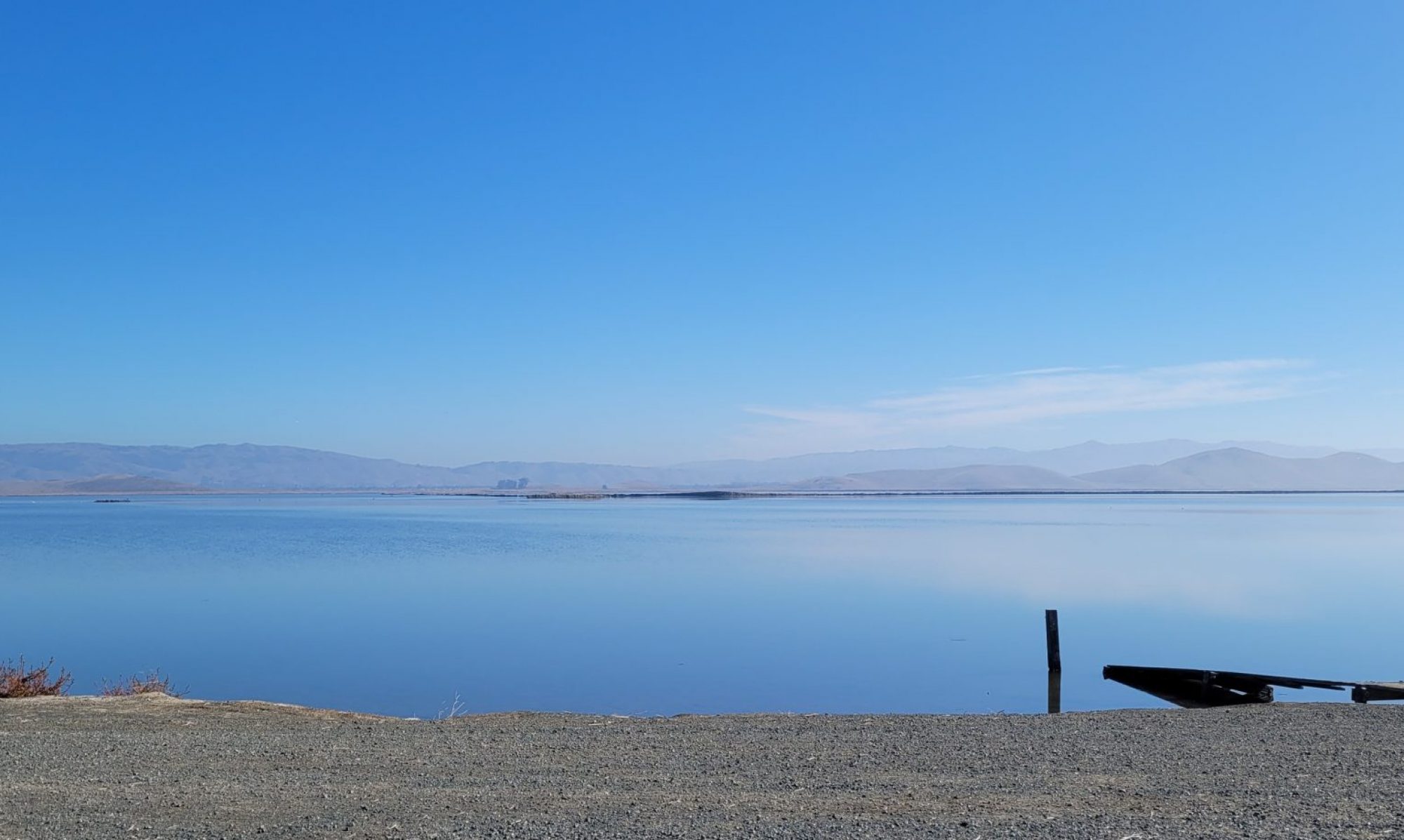Author’s Note: Today, in time for you to plan your Thanksgiving, I repost one of my most popular entries, the turkey preparation process flowchart, with some handy 2019 updates.
Perhaps someday I’ll write a book that is nothing but flow charts. They fascinate me! My Turkey Dinner flowchart encompasses everything you really need to know about preparing the meal from three days out, including a logarithmic scale. But, wait– I’m getting ahead of myself. Let’s take this step by step.
You can start with a simple set of process steps, which I show below to use as a building block for what is to come. When I show you the full, unadultered version, your head will explode. Bear with me.

Clearly, everyone has their own T-day traditions, whether it’s deep-frying the turkey (dangerous but popular) or serving crab (very San Francisco) or canned cranberries (really?). I will map out the standard meal with the basics: a stuffed turkey, gravy, and ancillaries to put the gravy on. Maybe a few vegetables, too.
In our house, we brine the turkey–which has its supporters and detractors I know–and we saute fresh green beans and mushrooms, rather than bake them in a soup. Plus deviled eggs because it’s not T-giving without deviled eggs. By the way, if you don’t waste spend loads of time watching cooking shows as I do, you should know that “sous chef” is short hand for all the prep work that you do which doesn’t involve heating or freezing the food–chopping, measuring, mixing, and making room in the trash and compost for all the potato peels, onion skins, and turkey liver. No, you don’t eat the liver. I don’t care what your grandmother did. Gizzard, neck, and heart, ok; liver, no.



